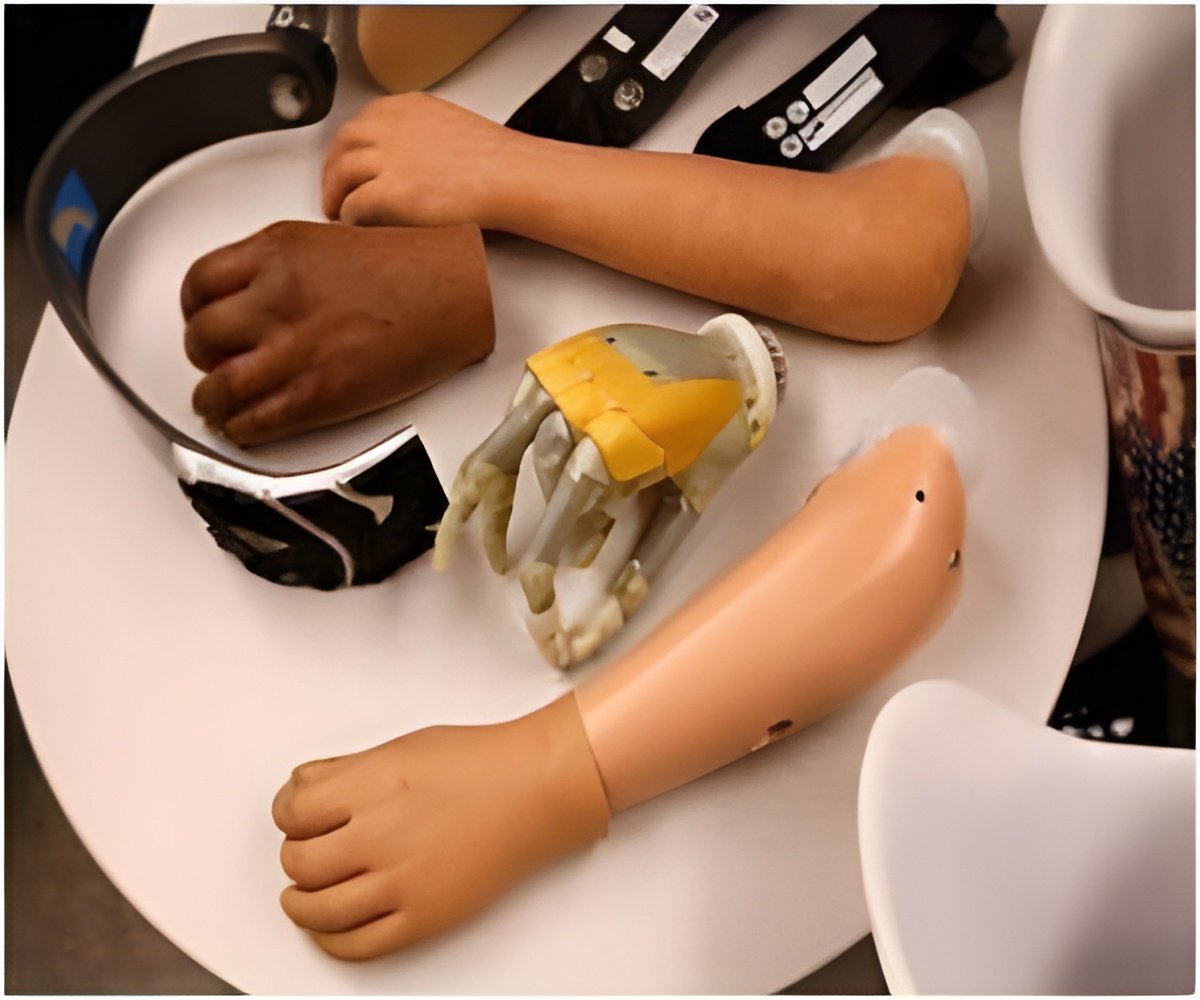
These by-design electrodes have a protective covering and the brain recognizes them as part of its own composition.
Although once believed to be devoid of immune cells and therefore of immune responses, the brain is now recognized to have its own immune system that protects it against foreign invaders.
"This is not by any means the device that you're going to implant into a patient. This is proof of concept that extracellular matrix can be used to ensheathe a functioning electrode without the use of any other foreign or synthetic materials," said Lohitash Karumbaiah of the University of Georgia's Regenerative Bioscience Center.
The extracellular matrix derived electrodes adapted to the mechanical properties of brain tissue and were capable of acquiring neural recordings from the brain cortex.
"Neural interface technology is literally mind boggling, considering that one might someday control a prosthetic limb with one's own thoughts. Hopefully, once we converge upon the nanofabrication techniques that would enable these to be clinically translational, this same methodology could then be applied in getting these extracellular matrix derived electrodes to be the next wave of brain implants," Karumbaiah said.
Advertisement
Advertisement












